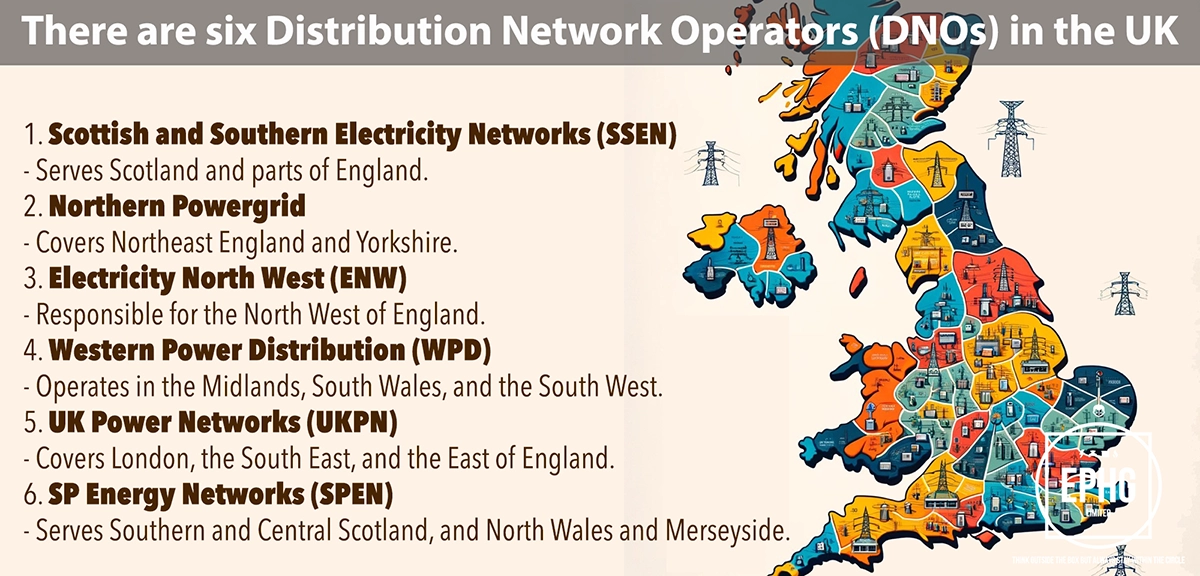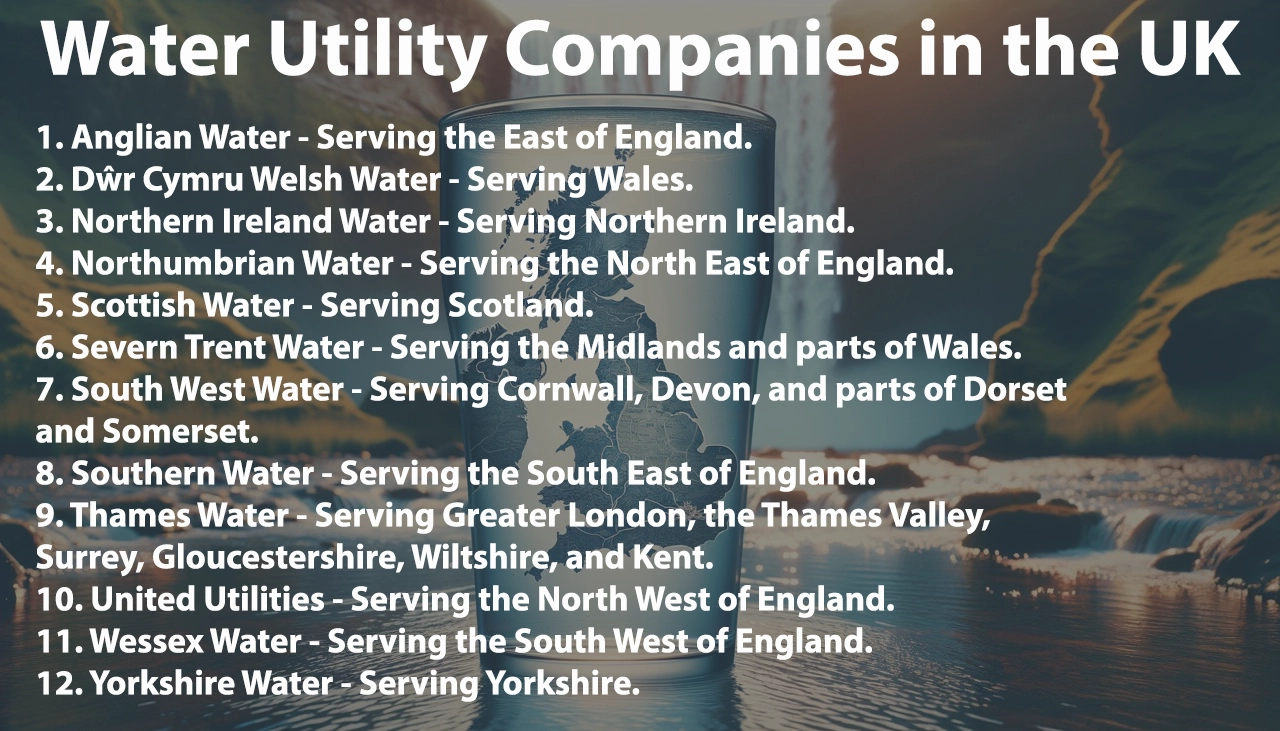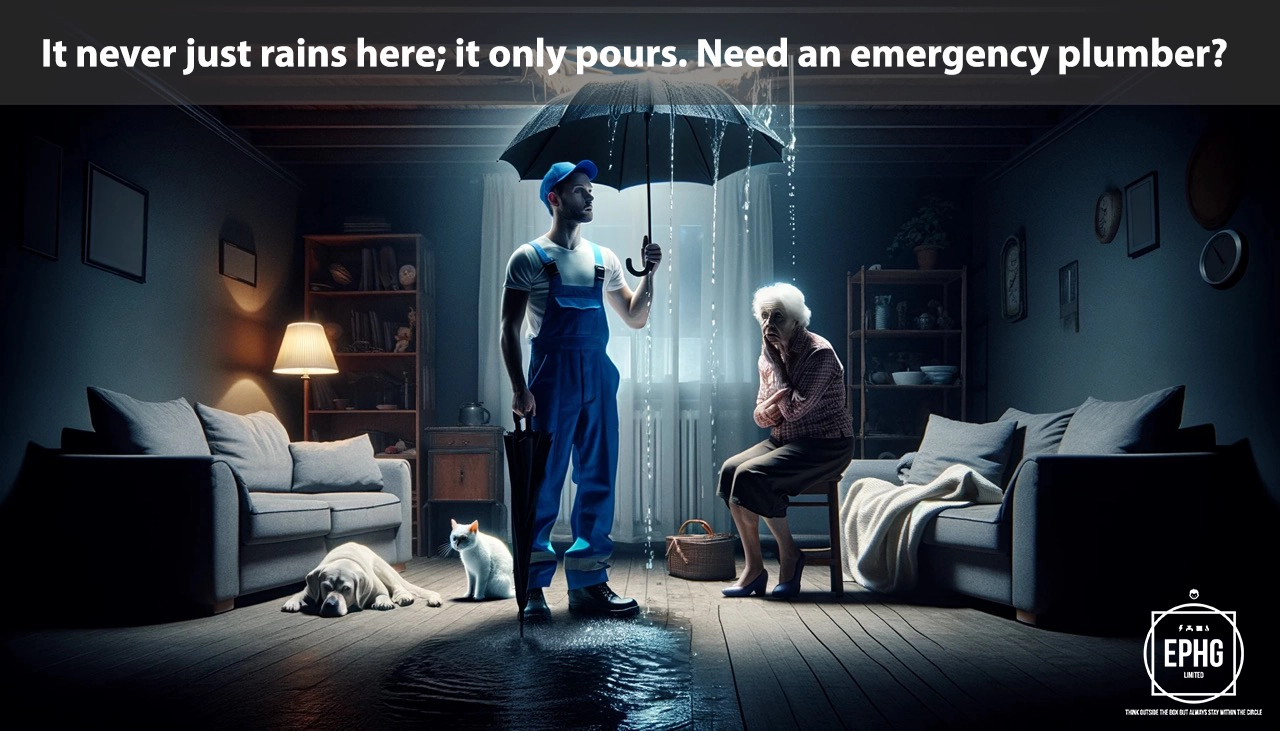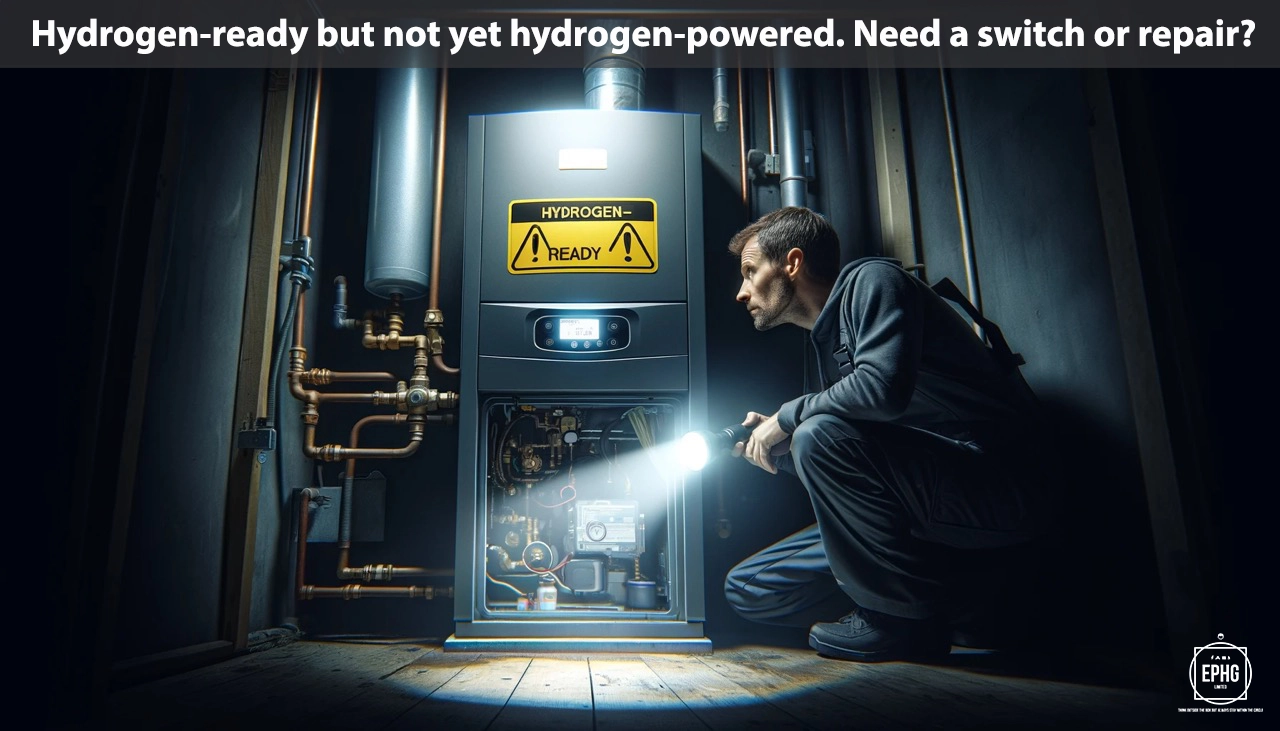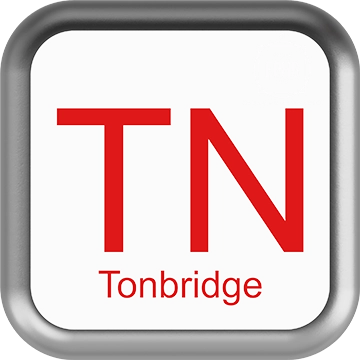
TN Postcodes for Utilities & Services
Introduction: The TN postcode area, encompassing towns such as Tunbridge Wells, Hastings, and Eastbourne, provides a comprehensive overview of the utilities and services available to residents in this part of East Sussex and Kent. This guide aims to provide insights into water and electricity supply, along with other vital services for the community.
Water in Tunbridge Wells
Where does the water supply come from in the TN postcode area and is there ever a shortage of water?
In the TN postcode area, the primary water supply sources include the River Rother, the River Brede, and underground aquifers. These are critical for meeting the region's water needs, with several treatment facilities ensuring that water meets safety and quality standards before distribution. Despite a generally stable supply, the area can face challenges such as seasonal variations, increased demand during warmer months, and environmental changes, which might affect water availability. Local water companies and authorities continuously monitor the situation, implementing conservation measures and encouraging residents to use water efficiently. Infrastructure improvements and community education are ongoing efforts to ensure sustainable water usage and availability.
What is the hardness & quality of the water in the TN postcode area and can this affect your health?
The water hardness in the TN postcode area varies, with some regions experiencing moderately hard to hard water, primarily due to the geological makeup, including chalk and limestone deposits. Hard water has higher concentrations of calcium and magnesium, leading to scale buildup in pipes and appliances. Despite this, the water undergoes strict safety and quality controls, ensuring it is safe for consumption. While hard water is generally not harmful to health and may contribute beneficial minerals, some individuals may prefer to use water softeners or filters. Local water providers are committed to supplying high-quality water and addressing any concerns residents might have regarding water quality, safety, or hardness.
Electricity in the TN Postcode Area
Where does the electric supply come from in the TN postcode area and what is the future of energy there?
The electricity supply in the TN postcode area, covering locations like Tunbridge Wells, Hastings, and Eastbourne, is primarily sourced from the national grid, which includes a combination of conventional fossil fuels and an increasing share of renewable energy sources. The region is witnessing a shift towards sustainability with significant contributions from solar, wind, and biomass energy. The future of energy in the TN area is directed towards enhancing the use of renewable resources, improving energy efficiency, and promoting environmental sustainability. There are ongoing investments in renewable energy projects and infrastructure aimed at reducing carbon emissions and ensuring a stable, sustainable energy supply for the future.
When is hydrogen coming to gas boilers in the TN postcode area?
The adoption of hydrogen for heating in the TN postcode area is part of the broader national movement towards cleaner energy solutions. The timeline for the widespread introduction of hydrogen heating systems is evolving, with pilot schemes and phased rollouts expected in line with national strategies for carbon reduction. Residents are encouraged to maintain their existing heating systems while staying updated on advancements in hydrogen technology and infrastructure developments. Local energy suppliers and municipal authorities will provide updates and support to ensure residents can transition smoothly to hydrogen-based or other sustainable heating technologies as they become available.
Where Does the Wastewater Go in the TN postcode area?
In the TN postcode area, wastewater from homes, businesses, and industrial operations is collected and treated at several state-of-the-art facilities to ensure it meets environmental and health standards before being released. Typically, the treated wastewater is discharged into local rivers, such as the River Rother and the River Tillingham, under strict regulations to protect water quality and ecosystem health. The region's commitment to advanced wastewater treatment illustrates its dedication to protecting the environment and ensuring the well-being of its communities.
Regions and Services:
The TN postcode area encompasses diverse landscapes, from the historic market towns to the coastal areas of East Sussex and Kent. Key regions include:
- Tunbridge Wells: A central location for urban utilities development, known for its sophisticated electrical and gas infrastructure and growing renewable energy initiatives.
- Hastings, Eastbourne, and Bexhill: Coastal towns combining historical charm with modern utilities, reflecting their unique seaside heritage and contemporary needs.
- Rye, Tenterden, and Battle: Quaint towns where efforts are increasing to blend traditional services with renewable energy projects, enhancing both sustainability and local charm.

Regions within the TN Postcode
Tunbridge Wells and Surrounding Areas
- TN1: Tunbridge Wells town centre - Known for its historic Pantiles, shopping areas, and cultural venues.
- TN2: Royal Tunbridge Wells, Pembury - Residential areas with parks, hospitals, and community facilities.
- TN3: Langton Green, Speldhurst, Bidborough - Villages and rural areas known for their beauty and local amenities.
- TN4: Southborough, Rusthall - Suburbs of Tunbridge Wells with local businesses and community centers.
- TN5: Wadhurst, Ticehurst, Tidebrook, Stonegate - Market towns and villages in the High Weald with historic sites and countryside.
- TN6: Crowborough - A town known for its natural beauty, outdoor activities, and community events.
- TN7: Hartfield, Coleman's Hatch - Associated with Winnie-the-Pooh and the Ashdown Forest, offering scenic landscapes.
- TN8: Edenbridge - A historic town with access to countryside, local businesses, and cultural activities.
- TN9: Tonbridge - Known for its castle, schools, and river activities, with a blend of urban and suburban living.
- TN10: Tonbridge north - Suburban areas with residential communities and local amenities.
- TN11: Penshurst, Bidborough, Hildenborough - Areas known for their historic homes, gardens, and community life.
- TN12: Paddock Wood, Staplehurst, Brenchley, Horsmonden - Rural and market towns known for agriculture, local festivals, and community spirit.
- TN13: Sevenoaks - An affluent area with historic estates, shopping districts, and educational institutions.
- TN14: Cudham, Halstead, Knockholt - Semi-rural villages known for their landscapes and proximity to London.
- TN15: West Kingsdown, Ightham, Wrotham - Villages and towns with historical sites, local businesses, and community events.
- TN16: Biggin Hill, Tatsfield - Areas known for their aviation history, rural landscapes, and community activities.
- TN17: Cranbrook, Goudhurst, Benenden, Frittenden - Historic towns and villages within the Weald, noted for their architecture and community life.
- TN18: Hawkhurst, Sandhurst - Known for their mixed urban and rural landscapes, cultural sites, and history.
- TN19: Etchingham, Hurst Green - Villages known for their tranquility, heritage, and community atmosphere.
- TN20: Mayfield, Five Ashes - Historic villages in the High Weald with a strong community feel and natural beauty.
- TN21: Heathfield, Horam, Broad Oak - Market town and surrounding areas known for local events, shops, and rural activities.
- TN22: Uckfield, Buxted, Framfield - Towns and villages offering a mix of historic sites, local businesses, and countryside.
- TN23: Ashford - A rapidly developing town known for its retail parks, international train station, and local amenities.
- TN24: Ashford (central and east) - Urban center with a mix of residential, commercial, and leisure facilities.
- TN25: Wye, Challock, Kennington - Villages and suburbs near Ashford, known for their countryside, history, and community events.
- TN26: Bethersden, Woodchurch, Shadoxhurst - Rural communities with scenic beauty and traditional English landscapes.
- TN27: Headcorn, Biddenden, Smarden - Charming villages known for their picturesque settings, local markets, and community spirit.
- TN28: New Romney, Greatstone-on-Sea - Coastal towns with beaches, historical attractions, and family-friendly activities.
- TN29: Lydd, Dungeness, Romney Marsh - Unique landscapes known for their nature reserves, birdwatching, and the Dungeness nuclear power station.
- TN30: Tenterden - Known as the 'Jewel of the Weald', offering high street shopping, vineyards, and historical sites.
- TN31: Rye, Camber, Winchelsea - Historic towns and villages offering cultural heritage, beaches, and artistic communities.
- TN32: Robertsbridge, Bodiam, Ewhurst - Villages known for their castles, countryside, and community events.
- TN33: Battle, Catsfield, Crowhurst - Areas rich in history, particularly famous for the Battle of Hastings site.
- TN34: Hastings town centre, High Wickham - Known for its seafront, cultural scenes, and historical importance.
- TN35: Hastings, Pett, Fairlight - Coastal and countryside areas with natural beauty and local history.
- TN36: Winchelsea Beach, Icklesham - Quiet coastal areas known for their natural landscapes and peaceful environment.
- TN37: St Leonards, Silverhill, Wishing Tree, North Hastings - Areas with diverse communities, parks, and cultural venues.
- TN38: St Leonards, Hollington, West St Leonards - Suburbs with a mix of residential and commercial developments.
- TN39: Bexhill-on-Sea, Cooden - Seaside town known for its De La Warr Pavilion, beaches, and leisure facilities.
- TN40: Bexhill-on-Sea, Town Centre - The heart of Bexhill known for its cultural heritage and community activities.
